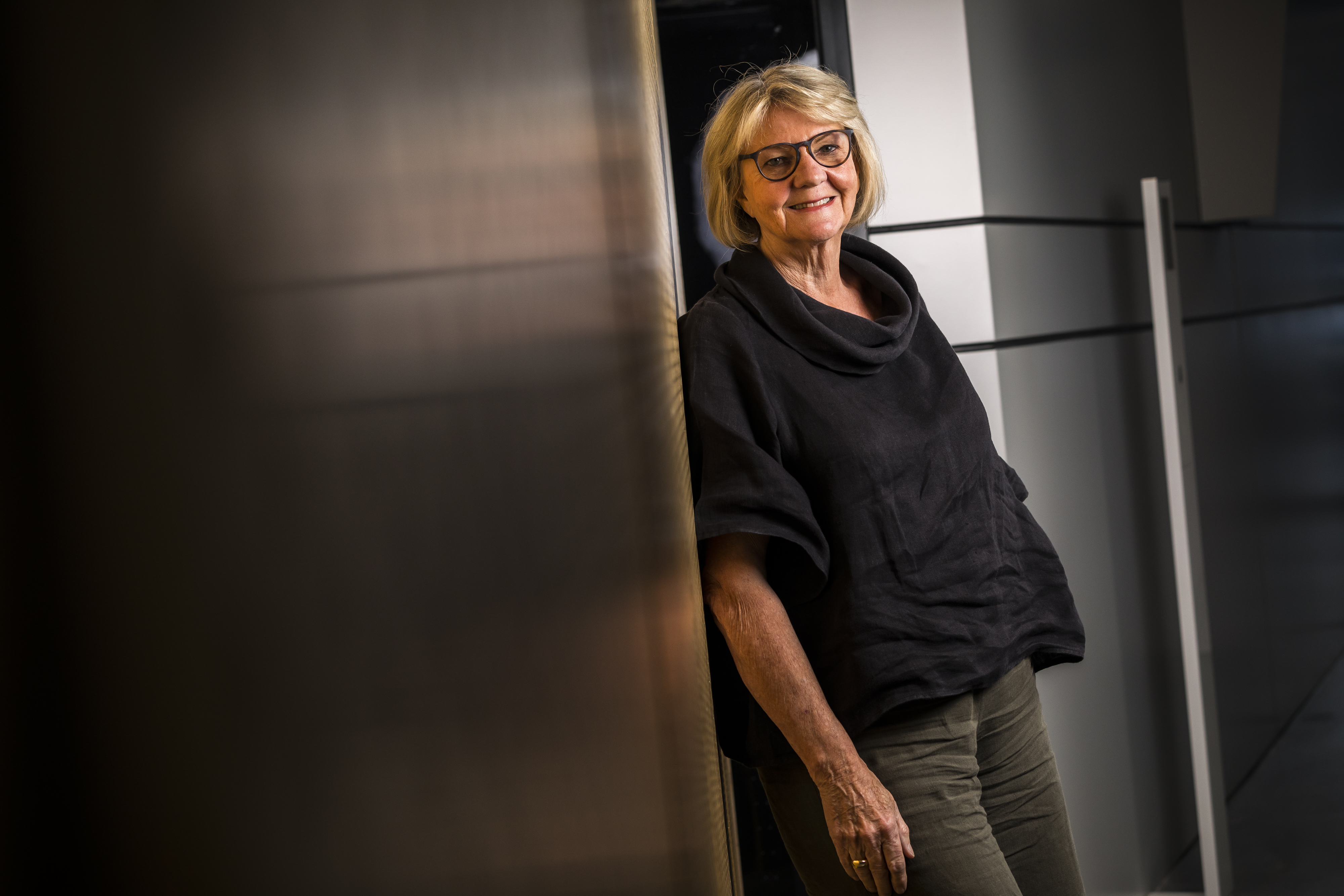Article from January edition of INPractice
This month marks the start of a huge year for our professions and presents a raft of opportunities that global nursing and midwifery leader Jill White says are unlikely to come around again anytime soon.


Emeritus Professor Jill White is leading the Nursing Now campaign effort
in Australia as World Health Organization Board Member for the Western
Pacific Region.
Photograph credit: Chris Hopkins
“This is the first time the World Health Organization (WHO) has dedicated one of its ‘years’ to a professional group,” says Registered Nurse, Midwife and Emeritus Professor Jill White, WHO’s Western Pacific Region Board Member for a campaign aimed at raising the profile and status of nursing.
Professor White says the Year of Nursing and Midwifery is in 2020 to celebrate the bicentenary of Florence Nightingale’s birth and aligns with the final year of the Nursing Now campaign.
The Nursing Now campaign evolved from a global nursing review conducted in 2016 by the United Kingdom’s All-Party Parliamentary Group on Global Health, which found developing nursing could have a wider triple impact of improving health, promoting gender equality and supporting economic growth.
“Put simply, if you invest in nursing, you get better health outcomes, movement towards gender equity and an improved economic impact from having a healthier population,” Professor White says.
In response to the ‘Triple Impact’ report, WHO and the International Council of Nurses jointly backed the three-year Nursing Now campaign aimed at recognising the crucial role nurses play in health care, health promotion and disease prevention and treatment.
“Currently, nursing is underutilised and undervalued, and we need to change that by influencing non-nurses and politicians about the impact we have on health outcomes.”
“We need our decision-makers to recognise the absolutely critical nature of improving the position and status of nursing if we’re going to get to universal health coverage.
“Health care will never be accessible to all without a major increase, not only in the number of nurses, but in having nurses working to the full scope of their licence.”
Universal health care, she says, is not just a target for low-resource countries.
“In Australia supposedly we have universal health coverage, because we have Medicare,” she says, “but if you live in remote areas or are not near a health care provider, you do not have access.”
So, what can you do to make a noise this year?
“We need to be very public about what it is that we do.”
I think we’re so shy about telling people what we really do and how complex and creative that work is.
We need nurses to understand political processes and understand the power of their vote.
“Talk to members (and prospective members) of parliament and ask them about the sorts of things that matter to health care.
“Further your own education around what it is you do that makes a difference.
“Talk to your neighbours and friends so that they understand the complexity and importance of what you do.”
She says there are lessons that can be taken from Florence Nightingale, who she describes as “a contemporary primary health care professional of her time.”
“Personally, I think Florence Nightingale was an extraordinary woman, who was well educated, articulate and used the graphic representation of data to make a political case for her profession.”
While Professor White says she respects the position of those who choose not to celebrate Florence Nightingale, she would be disappointed if we didn’t acknowledge the role she played in nursing as we know it today.
“She used people of influence to get her point across, used politics, used human emotional stories at the same time as the big picture—and she did all that from a strong, moral compass.”
“We need to get the evidence, do the research alongside our practice, document the effectiveness of what we do and track the satisfaction outcomes of our work.”
“Let our politicians know that money in nursing is an investment, not a cost.”
Professor White also highlighted the need to develop leadership among the younger members of the profession.
“We need to engage our young nurses and make sure we are listening to them. They are the future and they have ideas that might be different to those of older members of the profession but are by no means less valuable.”
“We need to engage them in sharing those ideas and encourage them to step up to ensure a strong future for nursing and midwifery.”
She says 2020 year is the impetus for nurses to stand up and make a noise.
“If we do not up our game in terms of our understanding and engagement in politics, we will not move things forward for our profession.”
“If we miss it, this opportunity won’t come again in a hurry and this will be our fault.”
Stay up to date with events and activities at anmfsa.org.au/2020
Five ways you can celebrate this Year of the Nurse and Midwife
- Share why you’re proud to be a nurse/midwife on social media using the hashtag #ANMF2020
- Embrace opportunities to advance your career through ANMF (SA Branch)’s award-winning training provider ANMEC at anmfsa.org.au/education
- Nominate someone who has contributed to the nursing and midwifery profession to be recognised for their achievement at anmfsa.org.au/2020
- Get your creative juices flowing and submit an entry in our Year of the Nurse & Midwife Art Competition.
- Visit anmfsa.org.au/2020 for more information.
- Talk to friends and family to paint a picture of a day in the life of a nurse/midwife.
Click here to read the January 2020 edition of INPractice.
Professor White will be presenting on Day 1 of ANMF (SA Branch) Annual Professional Conference, Wednesday 14 October. Registrations are now open: www.anmfsa.org.au/apc2020